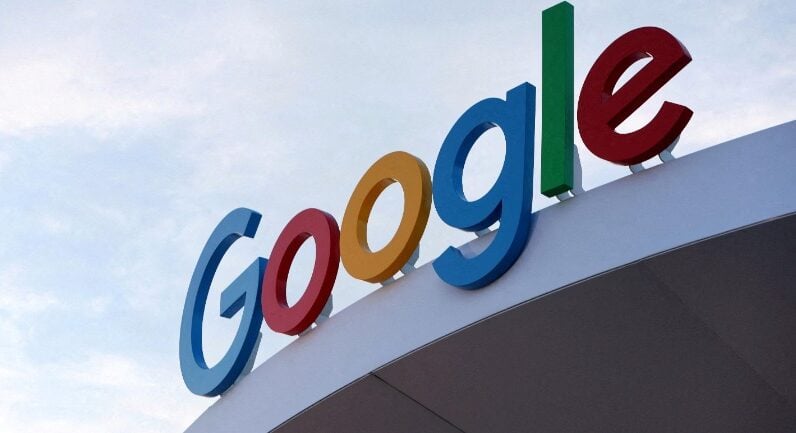In a major win for Google, a US federal judge ruled that the court would not force Google to divest assets, selling off its Chrome browser or Android operating system.
While Google will be able to keep its assets, US District Judge Amit Mehta ordered the search giant to end exclusive deals that make Google the default search engine on phones and other devices. Google will still be permitted to pay device makers to preload Google products, including search and generative AI products.
Google will also be compelled by the court to share search data, inclusive of search index and user interaction data, with third parties. It will not be forced to share advertising data. Judge Mehta also called an oversight committee to monitor Google’s compliance with the ordered measures for six years.
These remedies follow a ruling last year that Google maintained an illegal monopoly after the US Department of Justice filed an antitrust suit against Google in 2020. The DOJ contended that Google used exclusive agreements with device makers like Apple and Samsung to reduce competition.
Mehta suggested that the tech landscape has shifted dramatically since the antitrust case was first filed, as generative AI tools have “changed the course of this case.” Mehta said that he wanted to make sure that Google’s search dominance didn’t continue on in the “GenAI space.”
The Chrome browser generates 35% of Google’s search volume in the US. It is the most-used web browser globally, with four billion users. A forced sale of Chrome would have struck Google a massive blow, with the browser a key tool in its continued monopoly in online search.
The ruling comes at a time where Google’s dominance in search has been threatened for the first time, with generative AI platforms like ChatGPT attracting users with a new approach to search. ChatGPT has estimated it is already seeing 1 billion queries every day, which is an eye-popping figure, but also represents just 7% of Google’s traffic.
In June of last year, Apple struck a deal with OpenAI to integrate ChatGPT into iOS, iPadOS, and macOS. Users can access ChatGPT’s capabilities, including image and document understanding, without needing to jump between tools. The technology has been marketed to the public as “Apple Intelligence.”
Last month OpenAI competitor Perplexity made an unsolicited $34.5 billion offer for Chrome. The remedies ruling by Judge Mehta makes the sale to Perplexity even more unlikely now. In July, the company launched its own web browser called Comet. The pitch by Perplexity is that it offers a personalised experience, connecting users calendars, browsing tabs, and social media channels.
Perplexity launched its own AI-powered web browser called Comet in July. The company is pitching it as a more personalised browser that connects the dots between a user’s calendars, browsing tabs, social channels and more. Serious security concerns in the browser have been identified since.
OpenAI is also said to be set to launch its own web browser in the coming weeks.
